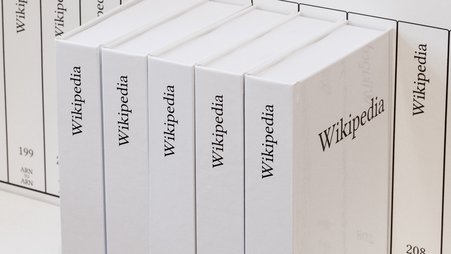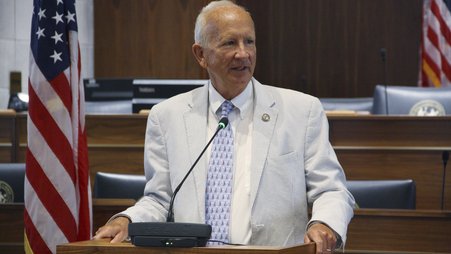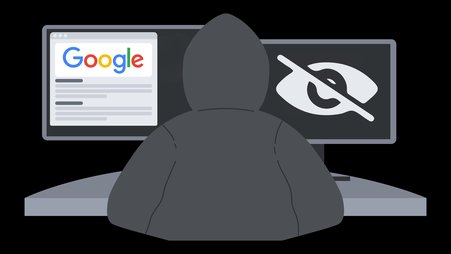
The Federal Communications Commission released its proposal to kill net neutrality on Tuesday, which would end the restrictions on internet service providers (ISPs) that attempt to guarantee a free and open internet. Rolling back net neutrality has worrying and dangerous implications specifically for press freedom in a world in which journalism and the internet are increasingly intertwined.
Net neutrality is the principle that internet connections are not filtered, restricted, or manipulated based on their content. In the United States, that principle is enforced by a set of rules designed to ensure that neither internet service providers nor the government can tamper with the delivery speed or accessibility of certain data. ISPs must treat all internet traffic equally, and with these protections, the information that media organizations report and publish is not driven or interfered with by companies who sell internet access.
Without net neutrality, ISPs could form deals or partnerships with news organizations that could change what news coverage their users access. ISPs—some of whom own news outlets themselves—would have broad power to determine which stories internet users see, and could slow or block access to news coverage by competitor news outlets. Instead of choice between diverse coverage of news, internet users could be stifled from viewing reporting that their ISP deems unfavorable, whether for political or financial reasons.
Partnerships between ISPs and news organizations could hurt local and independent journalism by limiting access to coverage by news websites who aren’t partnering with the ISP. Alternative sources of media that offer diverse political perspectives might load significantly slower than partnering news websites, not show up in search results, or cost extra to view.
Most Americans rely on the internet to stay informed. According to the Pew Research Center, more than half of Americans and 71% of Americans under 30 get most of their news online. The internet is dominated by only a few content providers, such as Verizon and Comcast Xfinity, so internet users would have little choice to switch to an internet service provider that provides diverse coverage. Ending net neutrality would concentrate the power over the flow of information and accessibility of content in just a few companies.
With a vote on FCC chairman Ajit Pai’s proposal to end net neutrality possible as early as December, it’s crucial to act quickly to defend the principles that create the internet as we know it. Consider calling or emailing your representative today and demand that they act to defend internet rights by opposing the FCC’s proposal to kill net neutrality.
Journalism has been transformed by the internet, offering unprecedented, rapidly available access to news around the world. The internet exists as a site of creativity, innovation, and robust political debate precisely because ISPs are mandated to treat content neutrally. In the digital age in which journalism and the internet are increasingly interconnected, internet users, not the companies that sell internet access, should control the news they read.
Net neutrality is a press freedom issue and a First Amendment issue, because equal access to information and diverse journalism is imperative for a functioning democracy.




